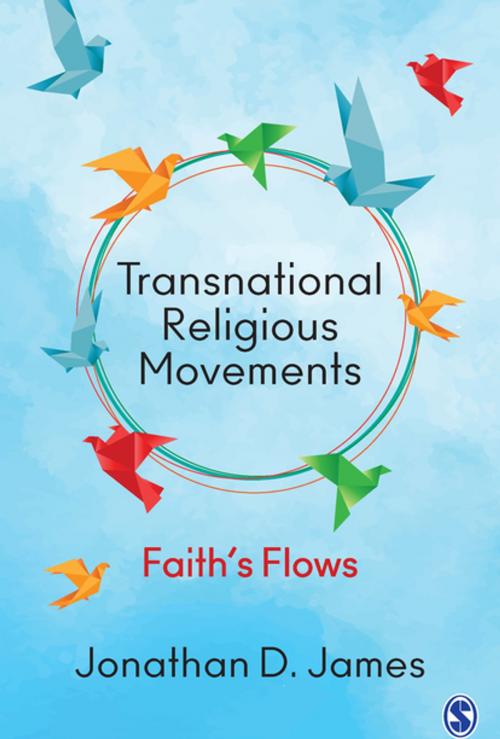Transnational Religious Movements
Faith’s Flows
Nonfiction, Social & Cultural Studies, Social Science, Sociology| Author: | Jonathan D James | ISBN: | 9789386446565 |
| Publisher: | SAGE Publications | Publication: | August 28, 2017 |
| Imprint: | Sage Publications Pvt. Ltd | Language: | English |
| Author: | Jonathan D James |
| ISBN: | 9789386446565 |
| Publisher: | SAGE Publications |
| Publication: | August 28, 2017 |
| Imprint: | Sage Publications Pvt. Ltd |
| Language: | English |
This book studies the concepts and philosophies governing globalized faiths.
Transnational Religious Movements is a convincing narrative of how global religions have moved beyond spirituality to become key players in the world of welfare, education, economics, politics, and international relations. It examines the major faiths of the world, viz., Christianity, Islam, Buddhism, and a sect. of Hinduism, to demonstrate transnational religious movements in the wake of globalization.
The book focuses on the strategies and practices of six representative religious organizations that operate transnationally and helps us understand how they are formed, structured, and institutionalized in society, and how they operate. It dwells on how individuals, groups, media, and state as well as non-state actors come to terms with these organizations. World religions do not simply respond to globalization; they also shape and affect the future dynamics of globalization.
This book studies the concepts and philosophies governing globalized faiths.
Transnational Religious Movements is a convincing narrative of how global religions have moved beyond spirituality to become key players in the world of welfare, education, economics, politics, and international relations. It examines the major faiths of the world, viz., Christianity, Islam, Buddhism, and a sect. of Hinduism, to demonstrate transnational religious movements in the wake of globalization.
The book focuses on the strategies and practices of six representative religious organizations that operate transnationally and helps us understand how they are formed, structured, and institutionalized in society, and how they operate. It dwells on how individuals, groups, media, and state as well as non-state actors come to terms with these organizations. World religions do not simply respond to globalization; they also shape and affect the future dynamics of globalization.















